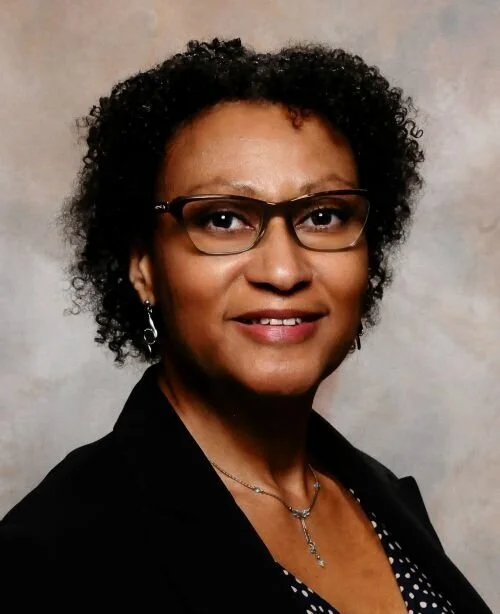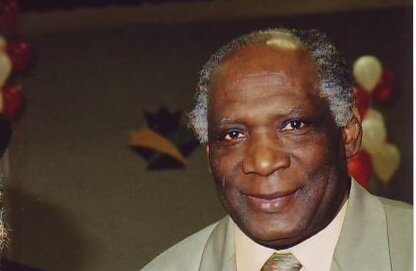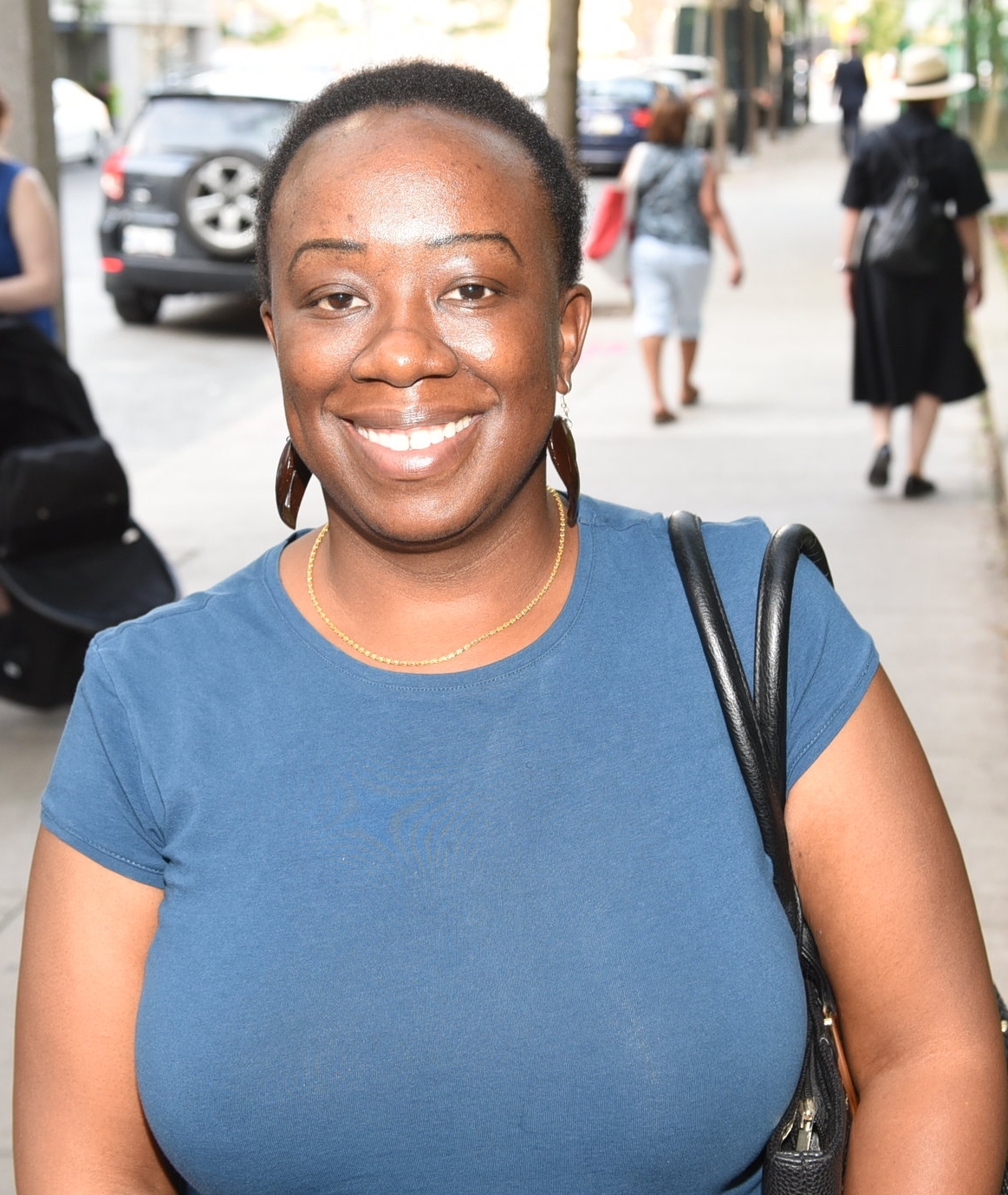Canadian promoting Black History in France
July 6, 2020
When a door closes, there’s always the likelihood of another one opening.
Laid off in 1983 by Air Canada during the economic recession, flight attendant Julia Browne took the downtime to blend her love of travel and Black history.
Through the University of Toronto Learn Abroad program, she went to Aix-en Provence that is a university city in southern France.
“I was going to school full-time and I met students from all over the world which just suited my personality,” she said. “I was also studying French and eventually met a man who became my husband. So it was there I found my grounding and my place. When Air Canada called me back four months later, I said, ‘Nah, I am having too much fun’. I liked France, the culture really spoke to me and I found ways to stay there for another 18 months before returning to Toronto because I was out of money.”
Though growing up with an interest in France, Browne didn’t fall in love with the country on layovers while working for Canada’s national airline.
“When I was about 15, I told my parents I was going to marry a Frenchman and I read French-authored books,” she pointed out. “I didn’t like the country at all initially because I didn’t find the people friendly. I later came to realize that you go into a place with your background and knowing the way things are done where you come from without understanding how things are done in another country, how other people react and the way they engage with other people are different.”
While in Aix-en-Provence, Browne completed a French Studies certificate program at the University of Aix-Marseilles and pursued Black Studies under the late Michel Fabre at the Universite Paris-Sorbonne.
The former French Navy officer, who died in 2007, and his wife founded the Centre for Afro-American Studies at the University of Paris.
“He was such an open man,” said Browne who pursued English Literature and Creative Writing courses at Concordia University. “The first class I took with him was on African-American Literature and I was the only person of colour in that room. That was the first thing that surprised me. But what surprised me even more and was interesting was that desire and keen interest by the students to learn about African-American History and culture taught by this man who I didn’t know at the time grew up on an Army base in France where he listened to jazz played on an American radio station. In addition to being a great teacher, he was a funny and jovial man. He and his wife, who was also an African-American culture scholar, opened their home to students. They had libraries and books everywhere on their three-level home and, at any given time, there would be students and researchers passing through.”
Julia Browne conducts a tour
A few months before Browne arrived in Paris, Fabre collaborated with eminent Black scholars Henry Louis Gates Jr. and Cornel West to stage a major conference on African Americans in Europe. The event, ‘Way B(l)ack Then and Now: A Street Guide to African Americans in Paris’, was created to indicate the homes and haunts of African-American expatriates.
“This book was an astounding accomplishment,” Browne, who volunteered at Rogers TV and worked at TV Ontario, noted. “I was based in the 17th District which is the north end of Paris and I discovered through the guide book that Langston Hughes lived a couple blocks away. Having known about him through my studies at Concordia, I went to the building where the book said he lived and it was such an experience to stand in front of the door behind which he wrote his jazz poetry. Using the book, I walked through different neighbourhoods and told some of my African-Americans female friends about what I was learning. When people’s relatives were in Paris on vacation, I was asked to show them some of the notable Black landmarks in the city.”
Out of that experience emerged ‘Walking the Spirit Tours – Black Paris and Beyond’ in 1994 founded by Browne who is also the Chief Executive Officer.
Through year-round walking and private bus tours and lectures, tour guides share Paris and France’s little known Black history with visitors.
The Waking Tours are divided into several categories.
The three-hour Writers, Artists & Intellectuals Latin Quarter/St. Germain-des-Pres covers 100 years of achievement from Black liberation activist and scholar Anna Julia Cooper who earned her PhD from Sorbonne in 1925 with a thesis written in French to Harlem Renaissance personalities and prominent American novelist Richard Wright who, after a short stay in Quebec, settled in France in 1946.
Julia Browne in Paris
For those interested solely in entertainment, there’s the two-hour tour retracing the steps of the Lower Montmartre that attracted African-American musicians which was a major centre of Paris nightlife in the 1920s.
The two-and-a-half hour ‘Africa in Paris’ tour allows visitors to stroll through a working-class neighbourhood at the foot of Montmartre hill, the ‘From Harlem-sur-Seine to Africa in Paris’ three-hour experience begins with a walk through the history of the vibrant Black and jazz community of 1920s Lower Montmartre and ends at the La Goutte d’Or neighbourhood which comprises a high concentration of migrants from north and sub-Sahara Africa and the ‘Pioneers of the Left Bank: From the Pantheon to Saint-Germain-des-Pres’ reveals the path of distinction through the Negritude Movement, African-American, African and Caribbean intellectuals past the homes of Miles Davis, Bud Powell and the World War II jazz explosion.
‘The Route from Slavery to Anti-colonialism’ two-hour tour starts at the Alexander Dumas family sculpture and includes stops at the home of anti-colonial writer and political activist Olympe de Gouges and a Caribbean restaurant for lunch while the ‘Great Black Music Walk’ is a platform for participants to experience some of the jazz hotspots and Parisian show venue.
There are two types of private bus tours with the cost depending on the number of participants.
“When you are walking along with our guides, you are not only part of a tour,” said Browne who is an independent travel consultant. “It is a conversation you are having with our guides that are from different backgrounds. Each one of them brings a different perspective to the tours and their own personal experiences.”
With a background in film and television, having worked with Rogers TV for four years up until 2007, Browne partnered with Blue Lion Films to develop content, promote and distribute an educational DVD, ‘When African-Americans Came to Paris’ and a one-hour documentary. ‘Paris Noir-African-Americans in the City of Light’ that was produced by award-winning filmmaker/writer couple David and Joanne Burke who moved from New York to Paris in 1986.
“They started making films about jazz musicians, then they heard about the Black History tours which was me and that was how we got together,” she said. “I became a thread in their story. They did most of the hands-on work and I had an advisory role on the project.”
Since the film release four years ago, Browne has accompanied it to screenings across the United States, Canada and France.
Tour guide Olek Gabra
Browne, who also enjoys writing and researching, splits her time between Paris, where she conducts tours to American universities alumni groups between April and November, and Kitchener where she was raised after her Kittitian-born parents relocated from England to Southwestern Ontario in 1966.
The Certified France Specialist and her husband have two children.
University of Waterloo graduate Shannon Figuereo, who is a Language Instructor in Berlin, made a painting of Richard Wright that her mom gifted to the town hall of Ailly where he had a farmhouse. Younger sister, Marie Figuereo, is a fourth-year Anthropology student at Concordia University.
Individuals or groups in Canada interested in taking part in ‘Walking the Spirit Tours’ can contact Browne through email at info@walkthespirit.com or at (519) 497-0933.









